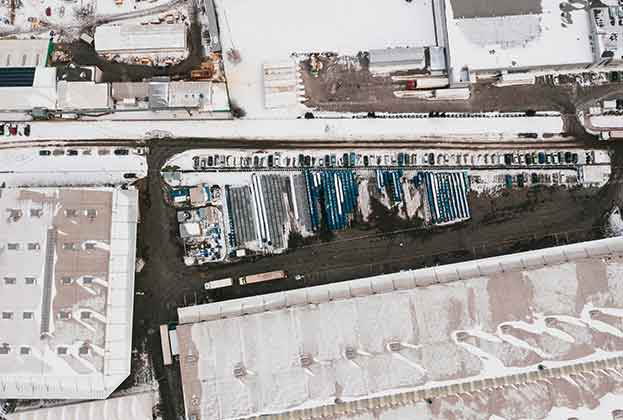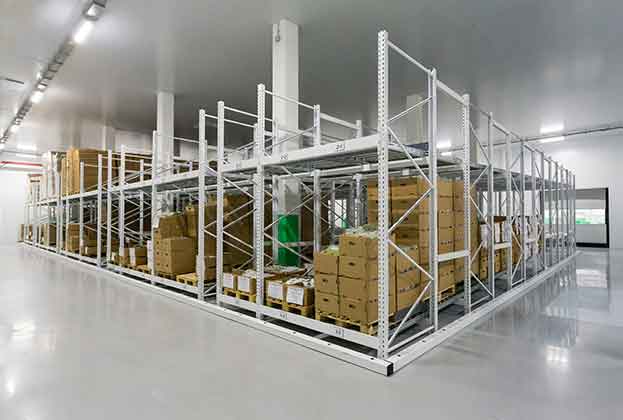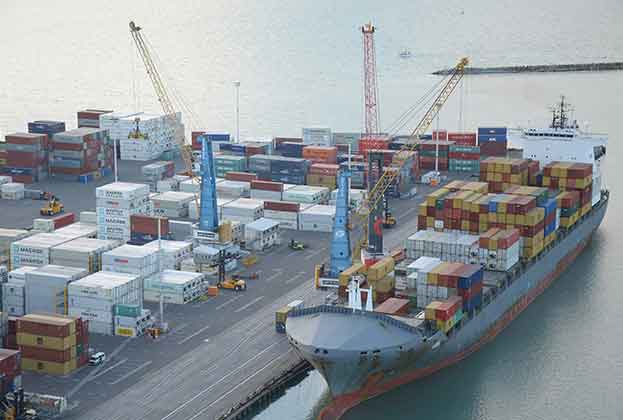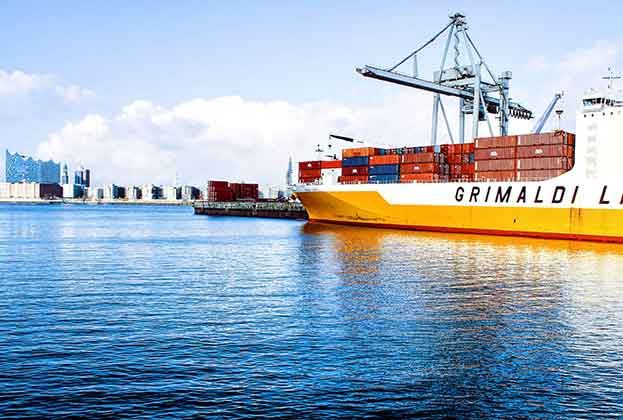As part of March’s Budget, the Government announced the locations of eight Freeports in England. While this is good in theory, it is evident from initial discussions that carefully considered planning reforms will be vital in order for the Freeports to deliver the economic benefits the Government hopes for.
Freeport status means that normal tax and customs rules do not apply and varying forms of tariff flexibility, tax measures and planning concessions deployed by the Government should help to incentivise private business investment. While these same benefits are offered in some 48 existing enterprise zones across the UK, the key difference is that a Freeport is designed to specifically encourage companies that import, process and re-export goods.
The Treasury had already outlined two key ways in which it proposes to relax planning rules for Freeports in a consultation last October. These included giving all ports, Freeport or otherwise, the same permitted development rights (PDR) as airports, which would allow for a wider range of development and operational activities. PDR at airports, for instance, currently allows for terminal development up to 500 sq m without the need for a planning application.
The consultation also encourages councils to make greater use of local development orders (LDOs). A LDO specifies one or more acceptable uses within a defined area and its implementation grants upfront permission for developments that conform to these uses as long as they fall within the parameters of the LDO.
Linked to this, as part of the ‘Project Speed’ agenda to deliver infrastructure projects more quickly and to a higher quality, the Government has also stated that it intends to create a quicker and simpler framework for assessing environmental impact.
In line with the range of radical reforms to England’s planning system proposed as part of the Planning for the Future White Paper in August 2020, ‘where possible, the Government intends for Freeport locations to act as a testbed for some of these wider reforms, such as zoning land for development and reforms to digitise the planning system.’
Ultimately, the Government’s aim in deregulating planning controls in Freeport areas is to provide a degree of certainty for developers and landlords. In turn, this should accelerate the delivery of new developments, stimulating increased investment into the area.
The hope is that the creation of Freeports will provide the catalyst to maximise the economic potential of these locations and serve as the proving ground for much needed new planning reforms focused specifically on stimulating a new post-Brexit post-Covid economy.
Further information
Contact John Bowles or Bridget Outrim
Read more Spotlight: Port-centric Logistics


.jpg)





.jpg)

.jpg)